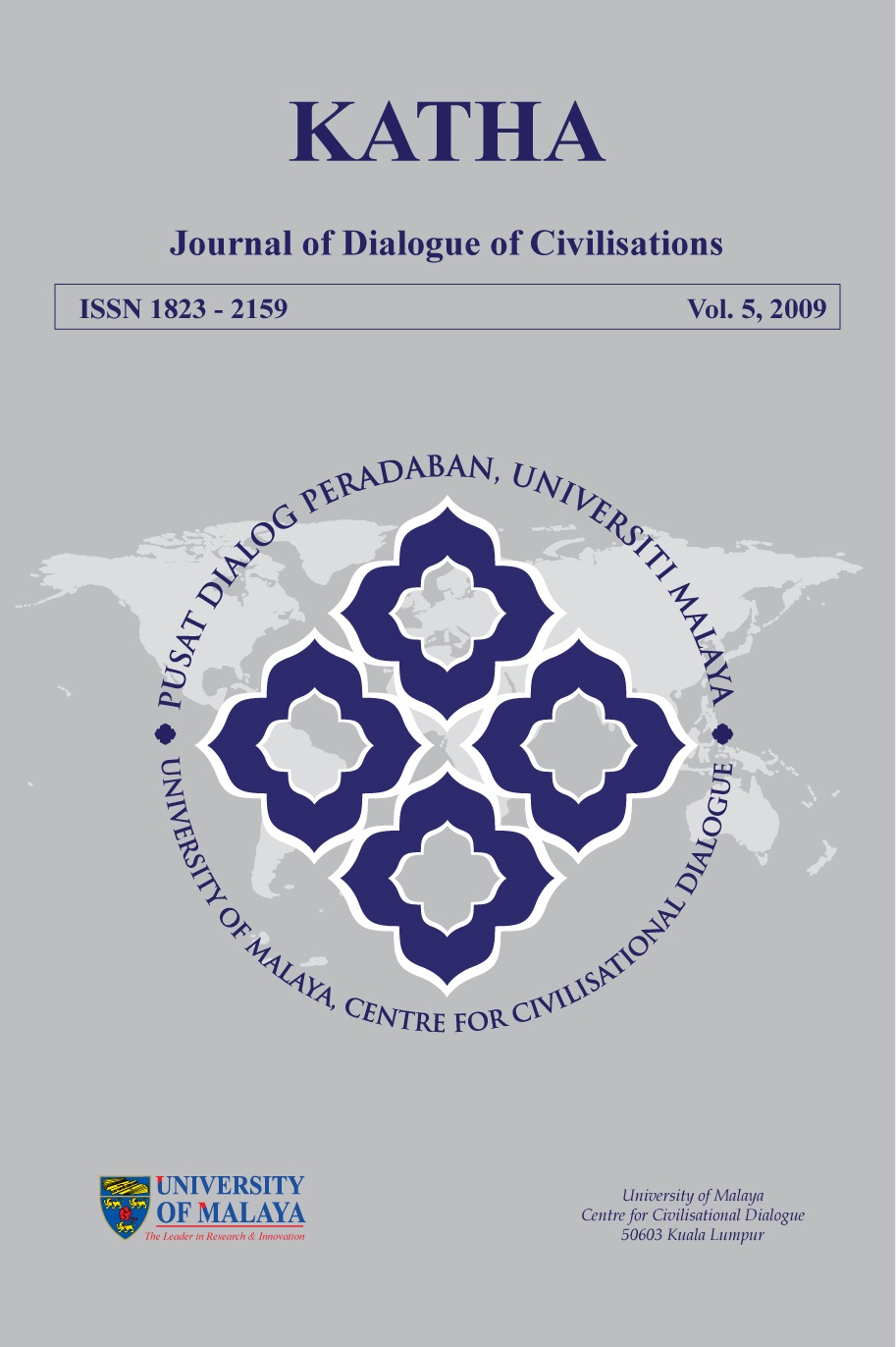Suicide Bombing: The Ultimate Rejection? A Critical Study of the Response of Muslim Scholar
Keywords:
Suicide Bombing, Humanity, Responses, Muslim Scholars, OppressionAbstract
The dangerous escalation of suicide bombing as a means for the destruction of humanity all over the world stemming from the never ending Israel-Palestine conflict, September 11, Bali Bombing, Sunni-shiite conflict in Iraq and Pakistan, the civil unrest following the US occupation of Iraq, and other random acts of violence perpetrated at innocent civilians is perturbing to all humanity. However, some Muslims and non-Muslims alike attempt to justify the suicide bombing and killing of innocent civilians in the name of religion. Of course, Islam permits one to strive to safeguard basic human rights and defend the religion with freedom and tolerance. This article examines the responses of Muslim scholar to suicide bombing. It argues that proper understanding of religions in a cooperative and stable environment constitutes the vital element of a peaceful society, which is necessary for the development of humanity. The study of responses of various scholars shows that one has to understand terminologies such as suicide (al-intihar), martyrdom (al-istishhad), and striving (al-Jihad), which play an essential role in understanding individuals and organizations. It also appears that the world community can survive without threat from terrorist providing there is sincere and mutual understanding of the religions. This paper makes some suggestions on the basis of the response of Muslim scholars, which could help in preventing suicide bombing and promote living together peacefully.
Downloads
Downloads
Published
How to Cite
Issue
Section
License
Articles submitted to the journal should not have been published before in their current or substantially similar form, or be under consideration for publication elsewhere. Authors submitting articles for publication warrant that the work is not an infringement of any existing copyright and will indemnify the publisher against any breach of such warranty. For ease of dissemination and to ensure proper policing of use, papers and contributions become the legal copyright of the publisher unless otherwise agreed. By submitting a manuscript, the author(s) agree that copyright for the article is transferred to the publisher, if and when the manuscript is accepted for publication. However, it can be reprinted with a proper acknowledgment that it was published in KATHA.

This work is licensed under a Creative Commons Attribution-NonCommercial-NoDerivatives 4.0 International License.




